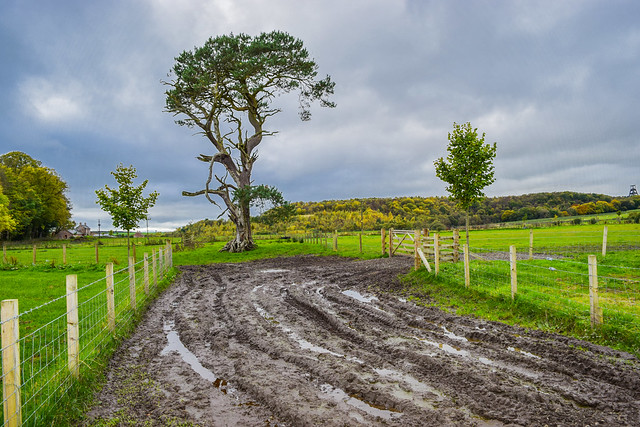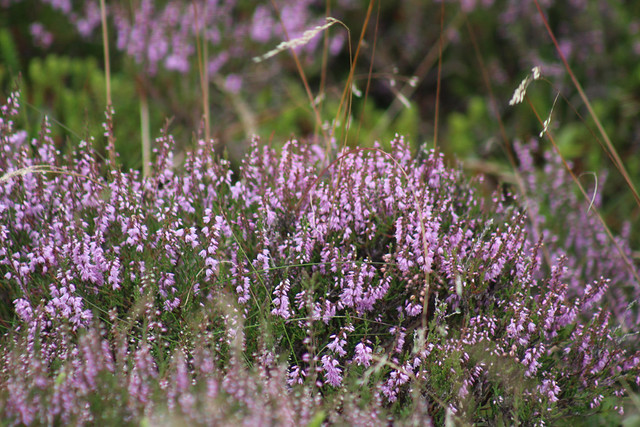A post about words for bishop in Celtic languages.
Words marked with a * are reconstructions.
| Old Irish (Goídelc) | epscop [ˈebskob] = bishop |
|---|---|
| Middle Irish (Gaoidhealg) | epscop, espoc, escop = bishop, episcopus, overseer |
| Irish (Gaeilge) | easpag [ˈɑsˠpˠəɡ / ˈæsˠpˠəɡ / ˈɑsˠpˠək] = bishop easpagóideach = episcopal easpagóideacht = bishopric, episcopacy ardeaspag = archbishop ardeaspagóideacht = archbishopric |
| Scottish Gaelic (Gàidhlig) | easbaig [esbɪgʲ] = bishop easbaigeach [esbɪgʲəx] = episcopal easbaigeachd [esbɪgʲəx] = episcopacy, bishop’s see, bishopric àrd-easbaig / prìomh-easbaig [aːr̪ˠd esbɪgʲ] = archbishop |
| Manx (Gaelg) | aspick, aspit = bishop, prelate aspickagh = bishop, diocesan, Episcopalian aspickys = bishopric, diocese, see ard-aspick = archbishop, primate fo-aspick = suffragan |
| Proto-Brythonic | *eskob = bishop |
| Old Welsh (Kembraec) | escop = bishop |
| Middle Welsh (Kymraec) | esgob, escip, escyp, esgyb = bishop, prelate, overseer escobaeth, escopaeth = diocese, see, bishopric, episcopate esgobaut, escobot, esgobot, esgobavt = bishopric, diocese, see, episcopacy, episcopate escopty, esgobty = bishop’s residence or palace, cathedral church, bishopric, diocese archescyp, archescop, archescyb, archesgyb, archescob = archbishop |
| Welsh (Cymraeg) | esgob [ˈɛskɔb] = bishop esgob(i)aeth = diocese, see, bishopric, episcopate esgobaethu = to perform the duties of a bishop esgob(i)aethol = pertaining to a bishopric, diocesan, containing a cathedral, episcopal, episcopalian esgobaidd = bishop-like, episcopal esgobawd, esgobod = bishopric, diocese, see, episcopacy, episcopate esgobty = bishop’s residence or palace, cathedral church, bishopric, diocese archesgob = archbishop, primate, metropolitan |
| Old Cornish | escop = bishop |
| Middle Cornish (Cernewec) | escop, epscop = bishop |
| Cornish (Kernewek) | epskop, epskobes = bishop epskobeth = bishopric arghepskop = archbishop |
| Middle Breton (Brezonec) | eskop = bishop |
| Breton (Brezhoneg) | eskob [ˈeskop] = bishop, plough pin eskobaj = episcopate eskobel = episcopal eskobelezh = episcopacy eskopti [esˈkop.ti] = bishopric, diocese, episcopal palace arc’heskob [arˈɣeskop] = archbishop |
Etymology: from Latin episcopus (bishop, overseer), from Ancient Greek ἐπίσκοπος (epískopos – overseer), from ἐπί (epí – over) and σκοπός (skopós – watcher, lookout, guardian). Words from the same roots include episcopal in English, évêque (bishop) in French, episcopo (bishop) in Italian, epíscopo (bishop) in Portuguese, peshkop (bishop, bookworm) in Albanian, and piskopos (bishop) in Turkish [source].
The English word bishop also comes from same roots, via Middle English bischop (bishop), Old English bisċop (bishop) from Proto-West-Germanic *biskop (bishop), from Vulgar Latin (e)biscopus (bishop), from Latin episcopus (bishop, overseer), etc. [source].
Sources: Wiktionary, Etymological Dictionary Of Proto Celtic, In Dúil Bélrai English – Old Irish glossary, eDIL – Electronic Dictionary of the Irish Language, Teanglann.ie, Am Faclair Beag, An etymological dictionary of the Gaelic language, Fockleyreen: Manx – English Dictionary, Online Manx Dictionary, Gaelg Corpus, Geiriadur Prifysgol Cymru, Lexicon cornu-britannicum : a dictionary of the ancient Celtic language of Cornwall, Gerlyver Kernewek, Devri : Le dictionaire diachronique du breton, Dictionnaires bilingues de Francis Favereau / Edition Skol Vreizh, TermOfis











